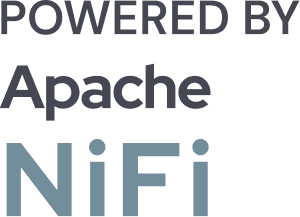Top 5 KPIs to Quantify Apache NiFi ROI in Data Integration Projects
![]()
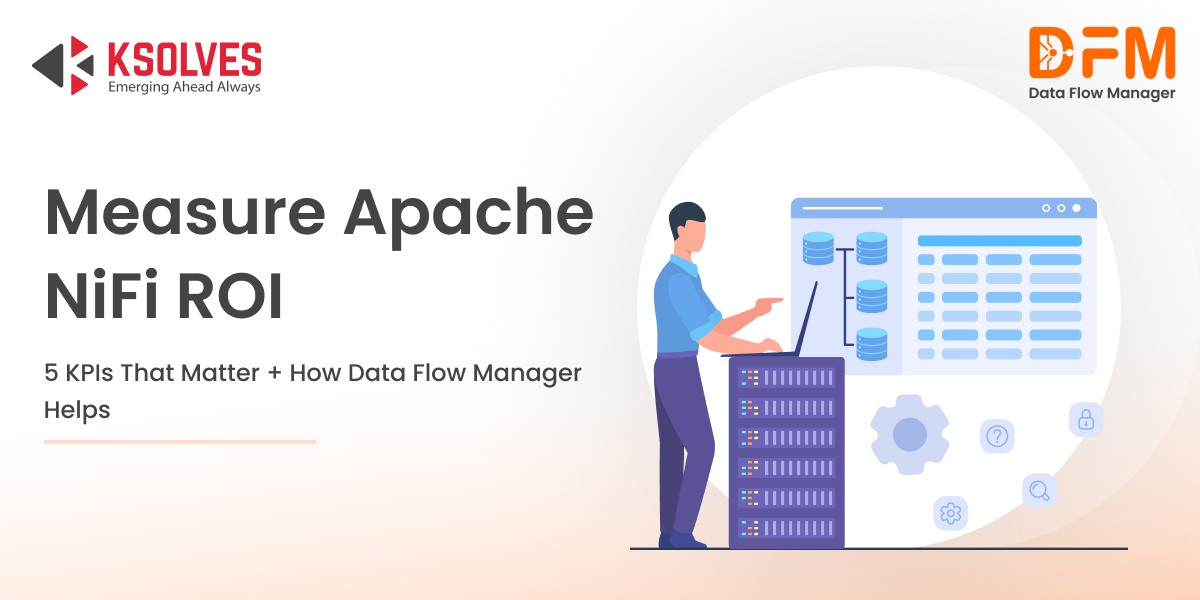
You’ve deployed Apache NiFi. Your data flows are up and running. Engineers are finally spending more time on architecture than on duct-taping scripts. But when the board asks, “What’s the return?” – what do you say?
The benefits of NiFi may be obvious to your technical team: automation, real-time data movement, and easier maintenance. But those advantages don’t always translate well in the boardroom. Decision-makers want hard numbers, not architecture diagrams.
The good news? You can quantify NiFi’s impact with the right KPIs. From engineering hours saved to faster time-to-insight, these 5 metrics bridge the gap between infrastructure excellence and business outcomes. If you’re ready to move beyond anecdotal wins and into data-backed justification, this guide is for you.
1. Time Saved in Pipeline Development and Maintenance
What to Measure: The number of engineering hours saved across pipeline development, debugging, and routine maintenance.
Why It Matters: Data teams often spend weeks writing code for tasks NiFi handles in hours. Time saved isn’t just an IT metric; it’s a productivity boost that enables faster delivery of revenue-driving initiatives.
How NiFi Helps:
- Drag-and-drop UI accelerates pipeline creation.
- Reusable templates reduce redundant effort.
- Built-in processors eliminate the need for excessive scripting.
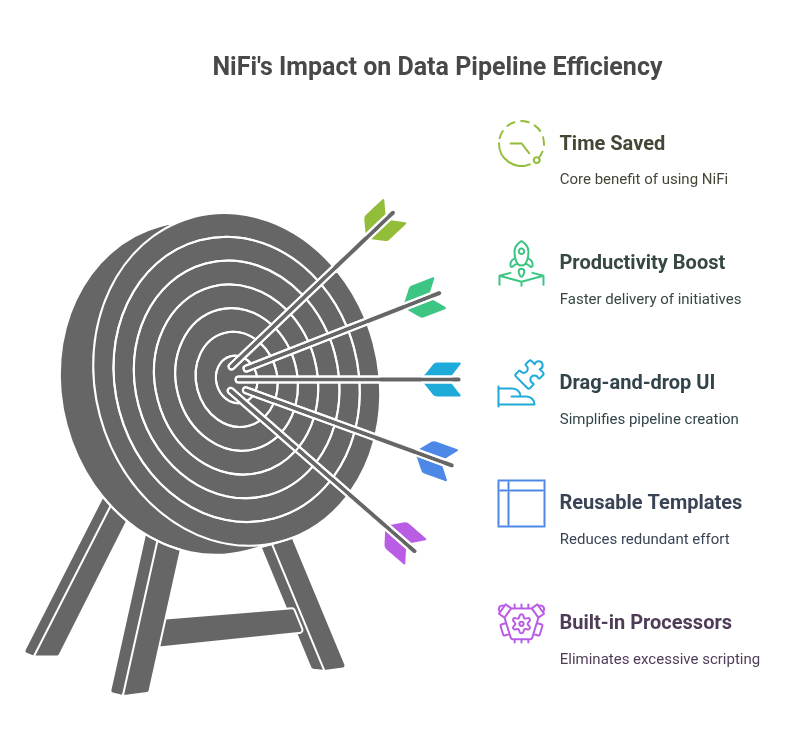
2. Reduction in Data Failures and Manual Fixes
What to Measure: The number of data pipeline failures, manual reprocessing incidents, or corrupted records.
Why It Matters: Bad data damages trust and decision-making. If dashboards go blank or reports show incorrect numbers, confidence erodes, and so does business performance.
How NiFi Helps:
- Built-in error handling and retry logic.
- Provenance tracking for root cause analysis.
- Back-pressure management to maintain system stability.
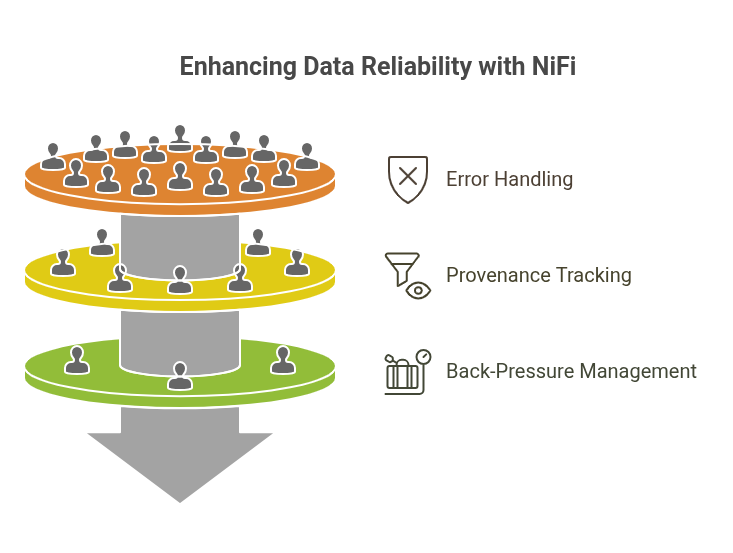
3. Lower Total Cost of Ownership (TCO)
What to Measure: Overall costs related to software licensing, infrastructure, support, and development.
Why It Matters: Commercial ETL platforms often come with steep fees and hidden costs. NiFi, being open source and cloud-agnostic, slashes TCO while keeping performance high.
How NiFi Helps:
- No licensing or per-user fees.
- Deploy on-premises or in the cloud with minimal overhead.
- Easier onboarding and less dependency on niche development skills.
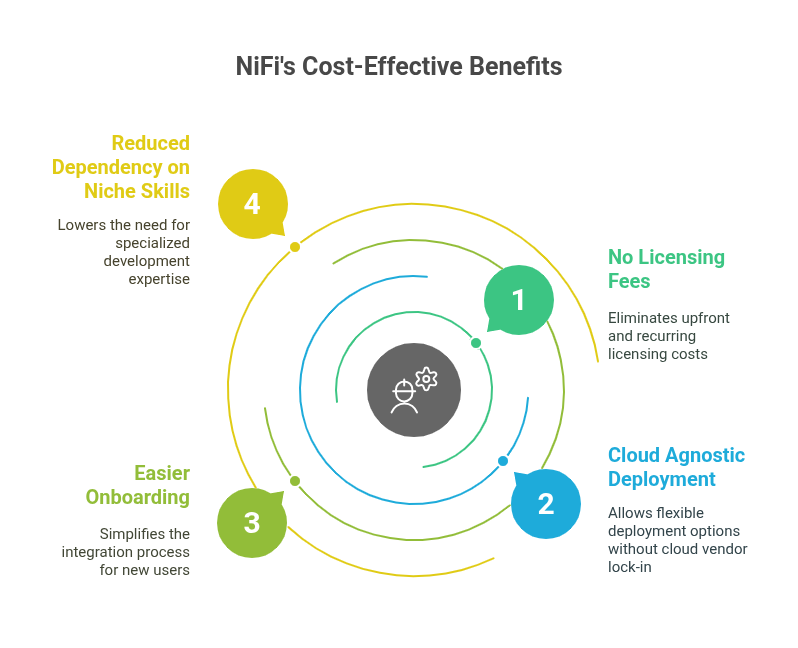
4. Faster Access to Real-Time Data
What to Measure: Latency between data generation and availability in analytics tools, dashboards, or operational systems.
Why It Matters: It’s not just about having data – it’s about having fresh data. Real-time insight enables faster responses to customer needs, market changes, and operational risks.
How NiFi Helps:
- Supports both real-time and batch flows.
- Seamless integration with Kafka, Elasticsearch, and data lakes.
- Enables near-instant data ingestion from diverse sources.
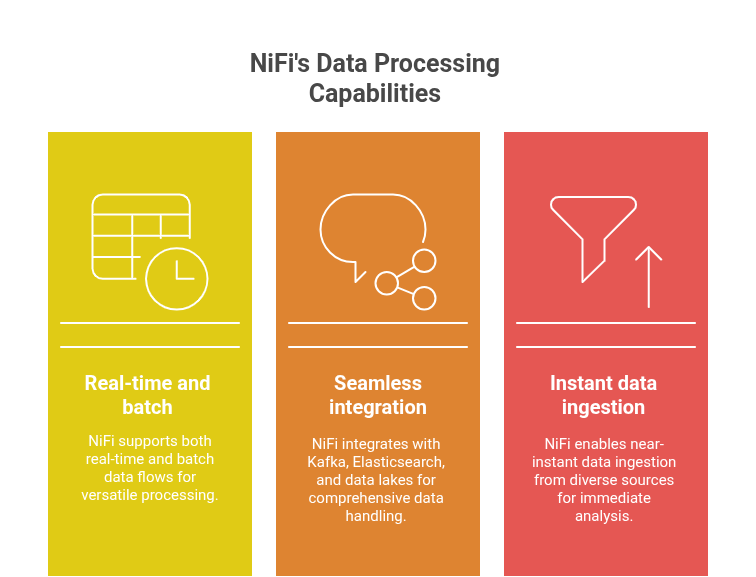
5. Velocity of New Flow Deployment
What to Measure: How quickly and frequently your team can go from request to production deployment for new data flows.
Why It Matters: When business requirements change, IT needs to respond fast. Long dev cycles delay insights, slow down product rollouts, and frustrate stakeholders.
How NiFi Helps:
- Pre-built templates and reusable components accelerate delivery.
- Integration with NiFi Registry or using Data Flow Manager enables seamless deployment of NiFi flows across dev → staging → prod environments.
- Flow versioning and rollback ensure safe, fast iterations.
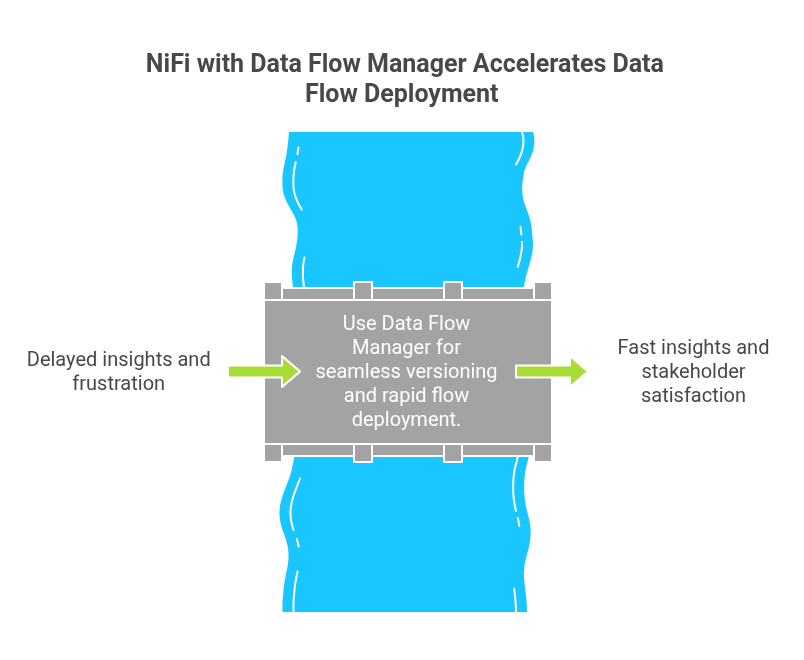
Making These Metrics Matter
Tracking KPIs is only half the battle; communicating them effectively is what proves ROI.
When reporting to leadership:
- Frame KPIs in terms of business outcomes, not just technical benefits.
- Use visuals like before/after timelines, trend graphs, and impact snapshots.
- Share success stories across departments to highlight enterprise-wide value.
How Data Flow Manager Supercharges NiFi ROI
While Apache NiFi streamlines data flow design and execution, scaling and managing those flows across environments can quickly become a bottleneck. That’s where Data Flow Manager (DFM) steps in, as a purpose-built ROI accelerator for NiFi.
Data Flow Manager automates the creation, deployment/promotion, and governance of NiFi flows without writing a single line of code. It serves as a centralized, code-free platform for end-to-end NiFi flow management. It eliminates the need for manual intervention, reduces human error, and ensures consistent flow deployments, boosting both reliability and velocity.
With features like:
- AI-powered flow generation
- Code-free flow promotion and deployment
- Rollback-ready flow deployments
- Scheduled flow deployments
- Centralized governance with role-based access control
- Audit-ready deployment history
- 500+ pre-built NiFi flows
- End-to-end cluster management
Data Flow Manager enables data teams to move faster, reduce operational overhead, and improve flow reliability, directly impacting the KPIs that matter: time saved, fewer failures, and lower total cost of ownership.
In short, if you want to turn Apache NiFi into an enterprise-grade, CI/CD-enabled data integration engine, Data Flow Manager is the perfect fit.
Conclusion
Apache NiFi isn’t just another data tool; it’s a platform that unlocks real, measurable business value. But to justify continued investment, you need to speak the language of results.
By tracking and presenting the five KPIs above, time saved, error reduction, TCO, real-time data availability, and deployment velocity, you can clearly demonstrate how NiFi improves productivity, reduces costs, and drives agility.
So the next time someone in leadership asks, “Is NiFi delivering value?” – you’ll have the data to answer confidently.
![]()
